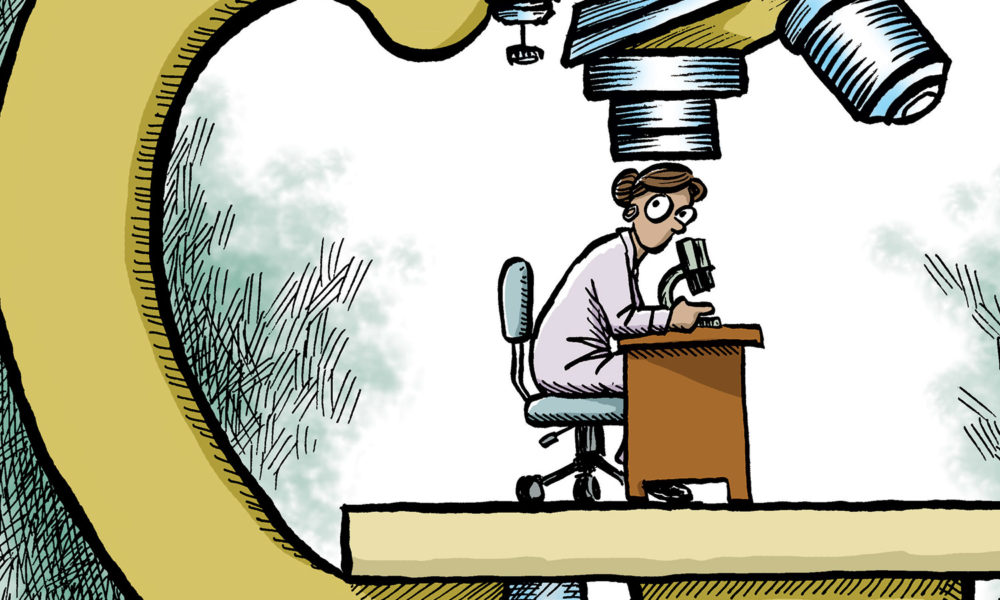Don’t like the message that research findings bring? Attack the researcher. At least that’s the strategy that industries and ideologues have used for years to intimidate and silence scientists when their results are inconvenient. Now, Uber, Lyft, and Door Dash are joining the likes of fossil fuel interests, chemical companies, and pharmaceutical giants in endorsing the bullying of researchers to protect their own profits.
Last year, the California Supreme Court ruled that workers in many industries, including ridehailing, needed to be treated as employees rather than independent contractors. The California legislature then followed up with a law to codify the ruling and clarify which employers must comply. In response, Uber, Lyft and DoorDash are advancing a ballot initiative, Proposition 22, which would exempt app-based rideshare and delivery companies from a range of protections under California labor law. The companies are aggressively supporting the proposal and squashing dissent. A target has been UC Hastings researcher Veena Dubal, whose work has shown the importance of providing workers with rights and the harms of the gig economy. Rather than engage on the policy and substance, the Yes on Proposition 22 campaign—funded predominantly by Uber and Lyft—has targeted Dubal on Twitter and encouraged trolls to attack her as well. An open records request filed by a consultant for the campaign demanded years’ worth of her emails and text messages, and her address has been published online. A driver even filed an official complaint accusing her of violating lobbying laws (she’s since been cleared).
To be a woman on the Internet is to have trolls attack you but for such behavior to be actively encouraged and directly funded by companies who expect to be able to operate in our society is inexcusable and reprehensible.
Dr. Dubal now has the unfortunate honor of joining the ranks of climate scientists, food and agricultural researchers, environmental health scientists, and drug researchers, who have all faced bullying from entities opposed to their work. The Union of Concerned Scientists documented the pervasiveness of this problem through many of these cases in our Freedom to Bully report. The use of open records requests has been a well-documented tactic of intimidating scientists in recent years. Laws vary by state, but researchers at public universities can be hit harder, with far-reaching and overly broad open records requests that clearly serve only as a form of harassment. Open records laws are designed to ensure the public has access to decisions being made with public dollars, but requests like those for Dubal’s communications are not in good faith and clearly don’t serve the public.
Of note, UCS supported a bill last year in the California legislature aimed at protecting researchers like Dubal from such harassment. The bill did not pass and this case shows how much we still need it.
The targeting of researchers has been such a problem that the Union of Concerned Scientists developed an entire guide to help scientists deal with harassment, especially in an online world. This week, we updated and re-released Science in the Age of Scrutiny. I knew we would unfortunately need the guide again as researchers continue to find inconvenient truths and defend their work in public spaces. I did not anticipate, however, that we would need to defend researchers from companies like Uber and Lyft, who are simultaneously making public commitments to clean up their climate emissions. It is a shameful act that these companies are involved in such damaging and dirty political tactics that cause direct harm to researchers working to share their findings and keep decisionmakers informed. We should expect better.

